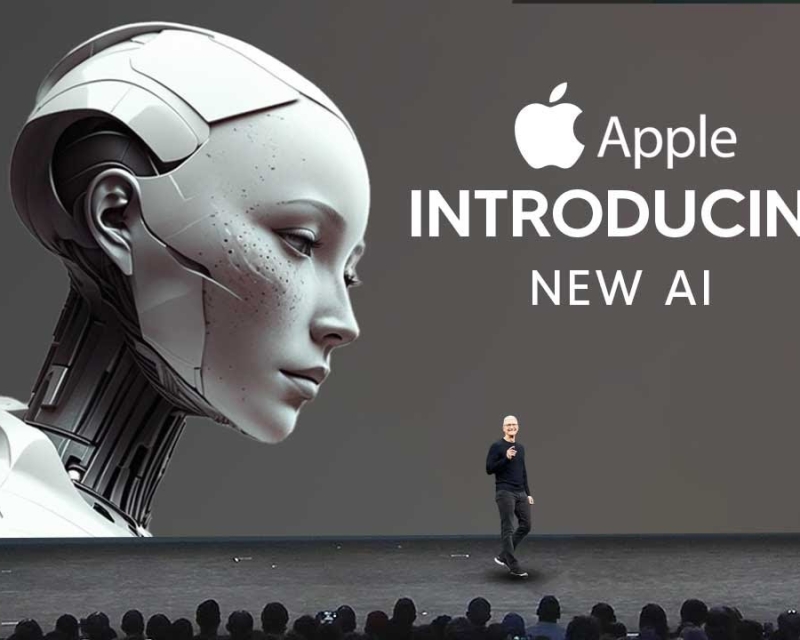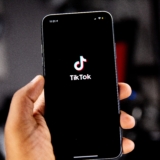Apple Joins the AI Pact – A Step Toward Responsible Innovation
Apple has joined the roster of tech giants aligning with The White House’s AI commitments. This voluntary agreement, designed to ensure the safe and responsible development of artificial intelligence, now includes one of the most influential and innovative companies in the world. Apple’s decision to sign on underscores the growing recognition of the need for ethical guidelines in the rapidly evolving field of AI.
This initiative, introduced last year, saw early commitments from industry leaders like OpenAI, Amazon, Google, Microsoft, Meta, Adobe, and Nvidia. Their pledge marked a collective acknowledgment of the profound impact AI technologies have on society and the corresponding need for rigorous standards to guide their development and deployment. Apple’s inclusion in this coalition adds significant weight to the agreement, given the company’s reputation for prioritizing user privacy and security.
Apple’s entry into this commitment is not merely symbolic. The company’s approach to technology has always emphasized user-centric design, privacy, and security. By joining the AI pact, Apple is not only endorsing these principles but also signaling its intention to apply them rigorously to its AI initiatives. This could potentially set new benchmarks for how AI technologies are developed and implemented, balancing innovation with ethical considerations.
The White House’s voluntary AI agreement outlines several key principles. These include ensuring that AI systems are safe and secure, transparent and explainable, and that they respect user privacy. Additionally, it calls for the development of AI technologies that are fair and unbiased, to prevent the exacerbation of social inequalities. By committing to these principles, Apple and its peers are taking proactive steps to mitigate the risks associated with AI, from privacy violations to unintended biases and security vulnerabilities.
This move also reflects a broader industry trend towards self-regulation in the face of potential government oversight. By adopting these voluntary commitments, tech companies aim to demonstrate their ability to govern themselves responsibly, potentially staving off more stringent regulatory measures. This is particularly pertinent in the context of AI, where the pace of innovation often outstrips the ability of regulatory frameworks to keep up.
For consumers, Apple’s commitment is a reassuring development. It indicates that one of the most trusted names in technology is taking the potential risks of AI seriously and is dedicated to safeguarding their interests. This could foster greater public trust in AI technologies, which is essential for their widespread adoption and integration into everyday life.
In conclusion, Apple’s decision to join The White House’s AI commitments marks a pivotal moment in the journey towards responsible AI development. It sets a precedent for other companies to follow and highlights the importance of ethical considerations in technological innovation. As AI continues to shape the future, such commitments are crucial in ensuring that this powerful tool is used to enhance, rather than undermine, the fabric of society.






